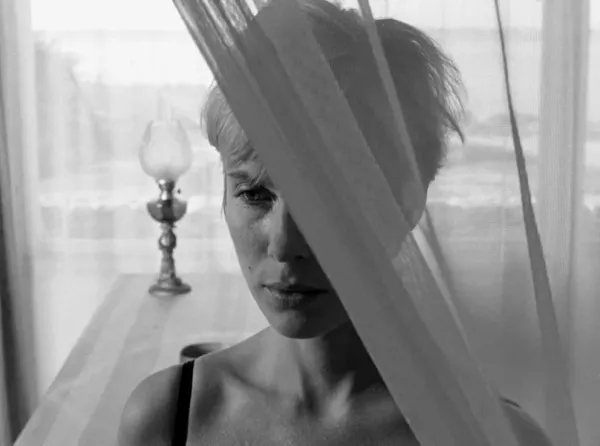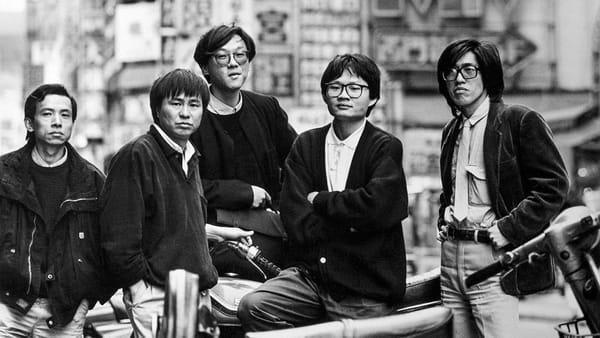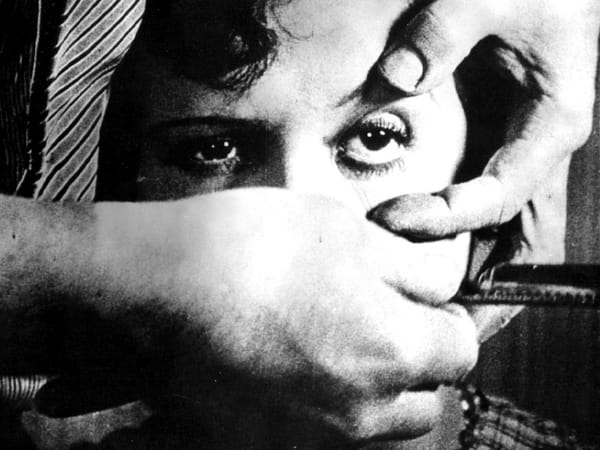Curators' selections, May 2024 at TPCC Hyderabad
A selection of hand-picked movies, representative of our curators’ tastes.
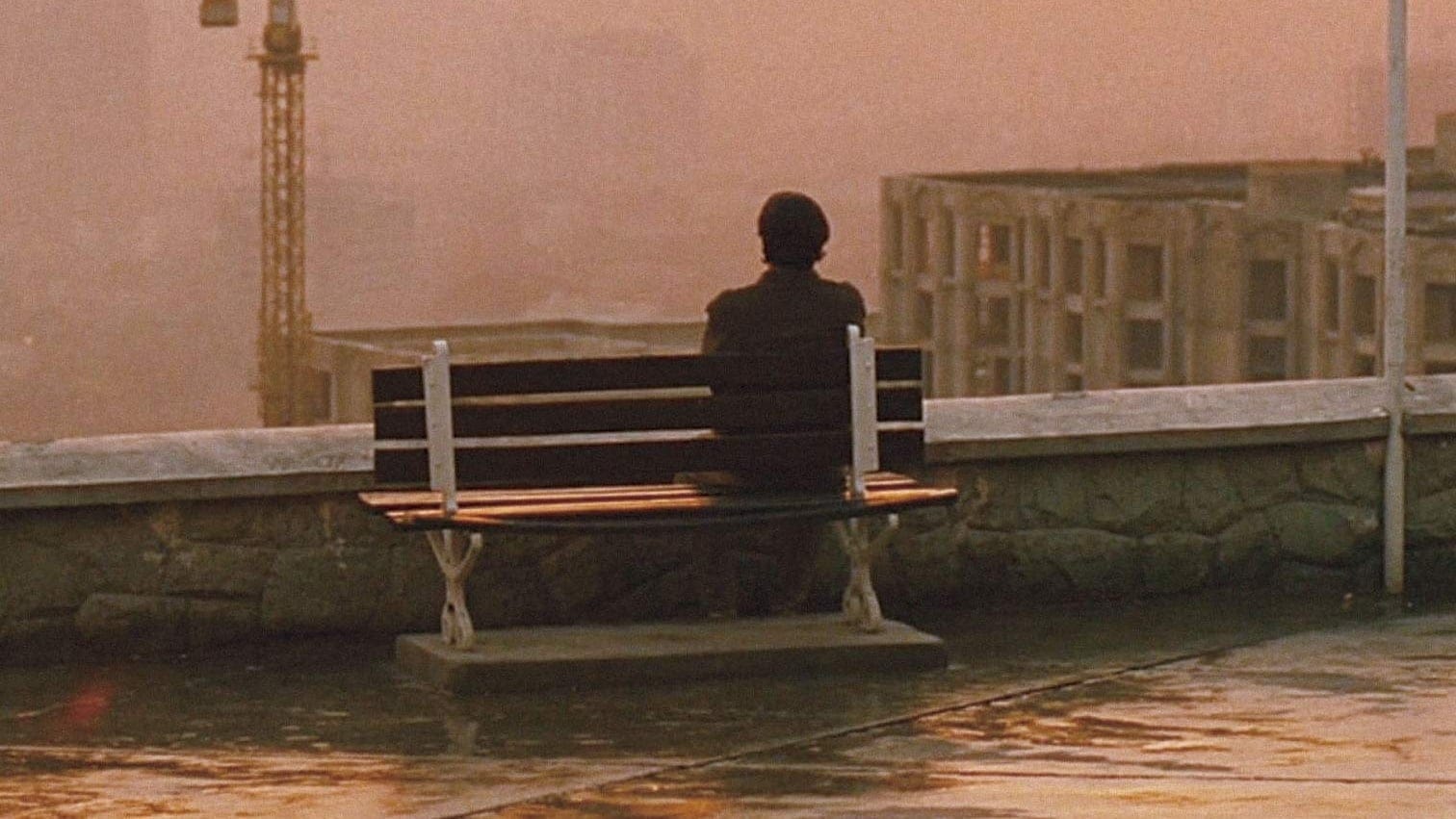
A film club becomes a place for cinema lovers to not only congregate to appreciate good cinema, but also a place to discover the extent of cinema itself. Hence, a curation becomes essential for the club to cater to these obligations. Curators, however, come with various preferences with regard to cinema, with a unique voice reflecting their own personalities.
Hence, this month, we wanted to put each of these unique voices on the pedestal for our members to connect with us through the one love that we have in common: cinema!
Below, we look at four unique films connected to each other not thematically or historically, but through their power to have moved the curators!
Young Törless
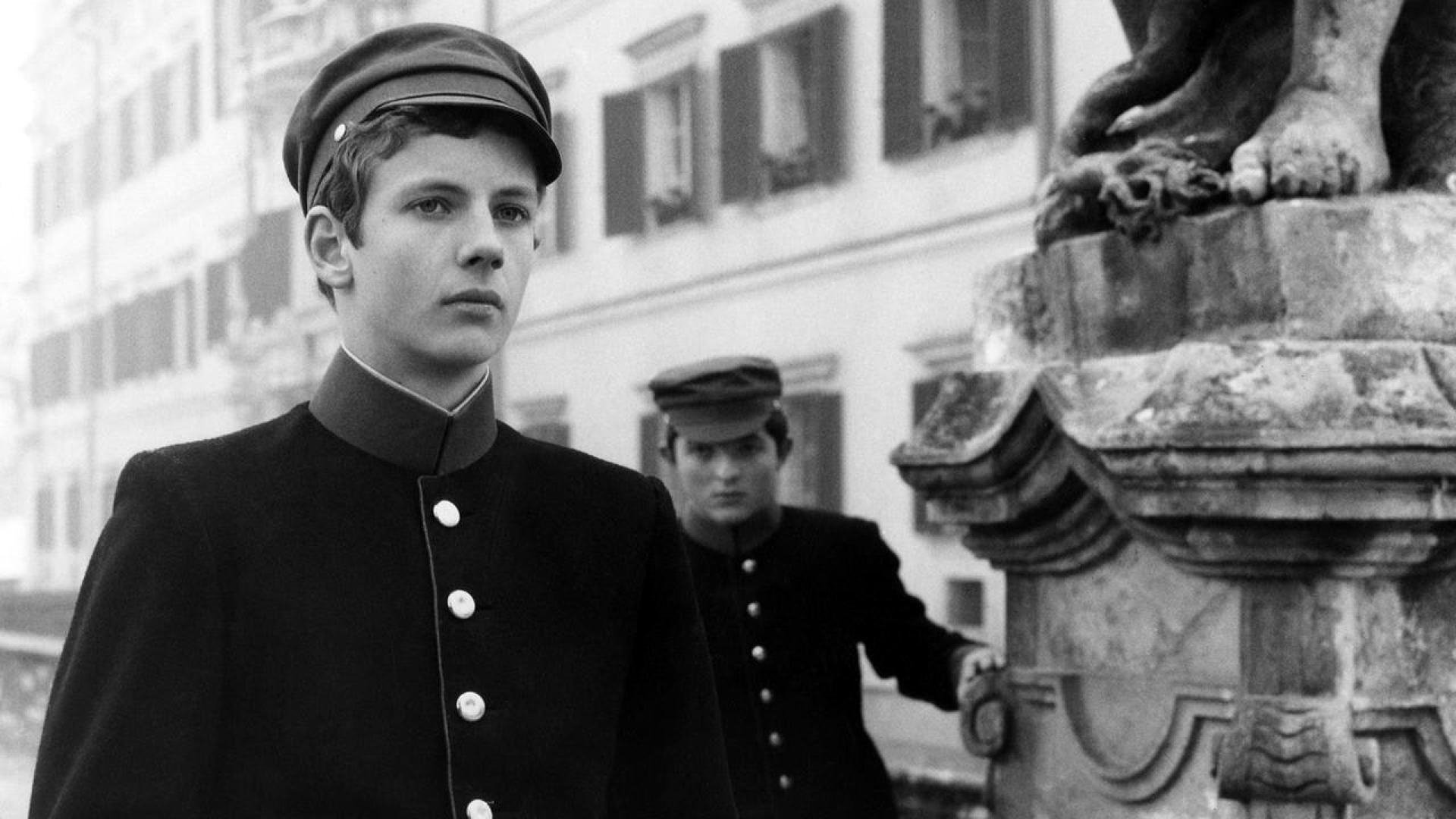
The collective guilt of the holocaust is crystallized in an allegorical form in this coming of age film by Volker Schlöndorff, adapted from Robert Musil's debut novel, The Confusions of Young Törless.
Thomas Törless, a shy and intelligent student arrives to an Austrian boarding school and starts to partake in the torture of a fellow student for seemingly purely intellectual reasons. Until, things go too far.
The film that kickstarted what would later be termed as the New German Cinema.
West Indies
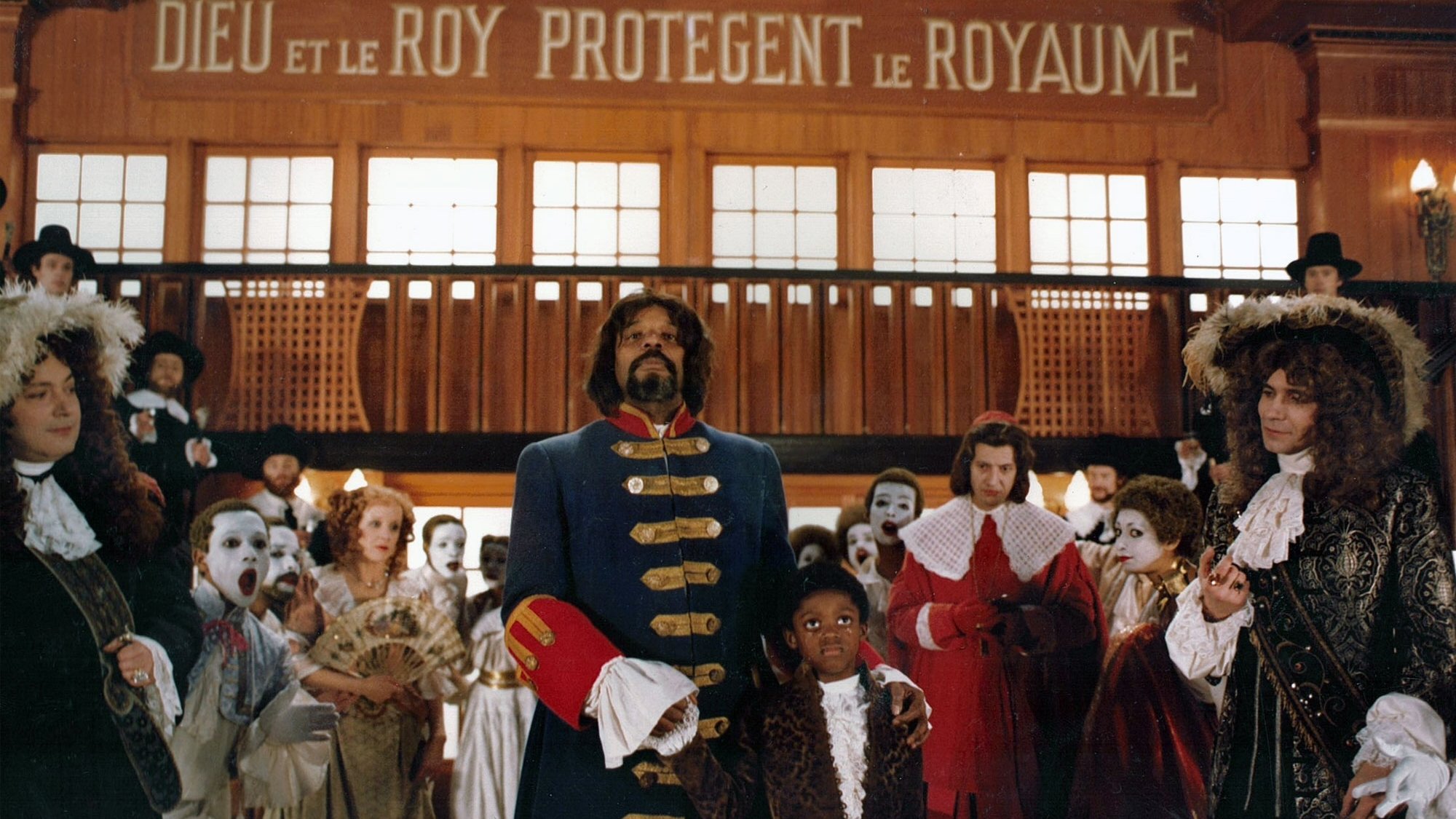
One can see it plainly as an allegory, and yet still does Med Hondo’s seminal work shine through to the audience in its vast interpretations and symphony. Set aboard a slave ship, West Indies is a musical that attempts to portray life under and against colonialism.
The ship in question is a set, making it abundantly clear as a theatrical piece while at the same time blurring the boundaries between film and theater. While doing so, it forces the audience to exist within this blur, where-upon the humming of the songs beckon the question: is it the people singing for themselves, or are they beseeching us?
It is both colorful and dark and has the distinct touch of the director’s unapologetic politics perforating each frame in it. The music is archival evidence of injustice and victory as the characters tussle with both the colonizers and their lackeys in order to achieve liberation. At the same time, however, there always exists for the conundrum of what exactly true liberation would entail.
Taste of Cherry
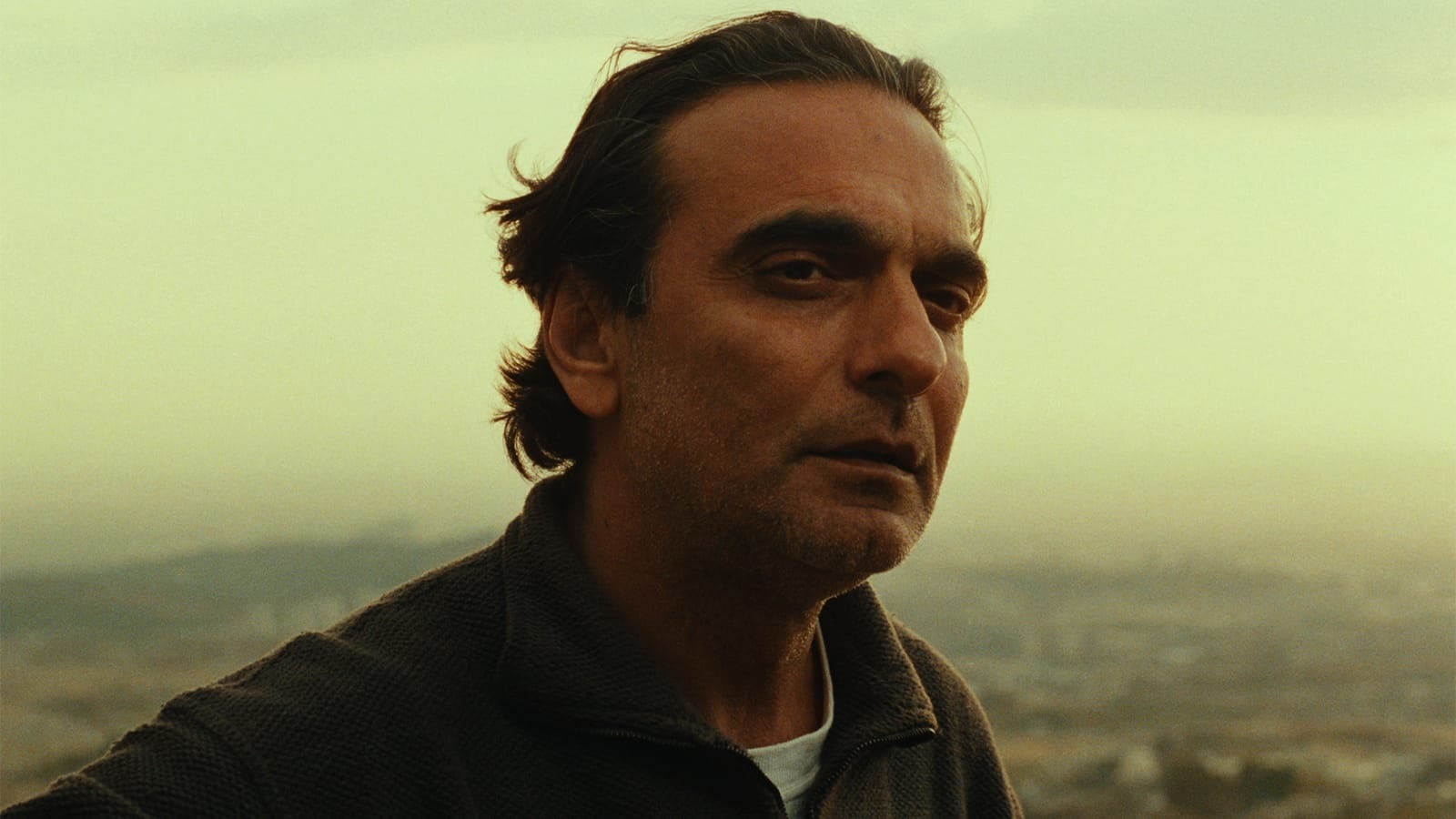
Kiarostami’s movie opens with the main character in his car as it starts to move it slowly. It is largely an apt description of the rest of the film, and yet it teaches us so much more.
Trying to find someone to bury him in the grave he has dug for himself, the protagonist (if you can even call him that) starts his search with a decided level of patience that would seem somewhat surreal for the task at hand. As he picks up different people to explain the situation, the mundanity of the situation makes the scene even more interesting.
Taste of Cherry is a great foray into the offerings of Iranian cinema, with its pensive tone and intimate portrayal of life beckoning us into a meditative state that few others can claim. The question of death hangs in the air with each second of the camera recording it as faithfully as can be.
8 1/2
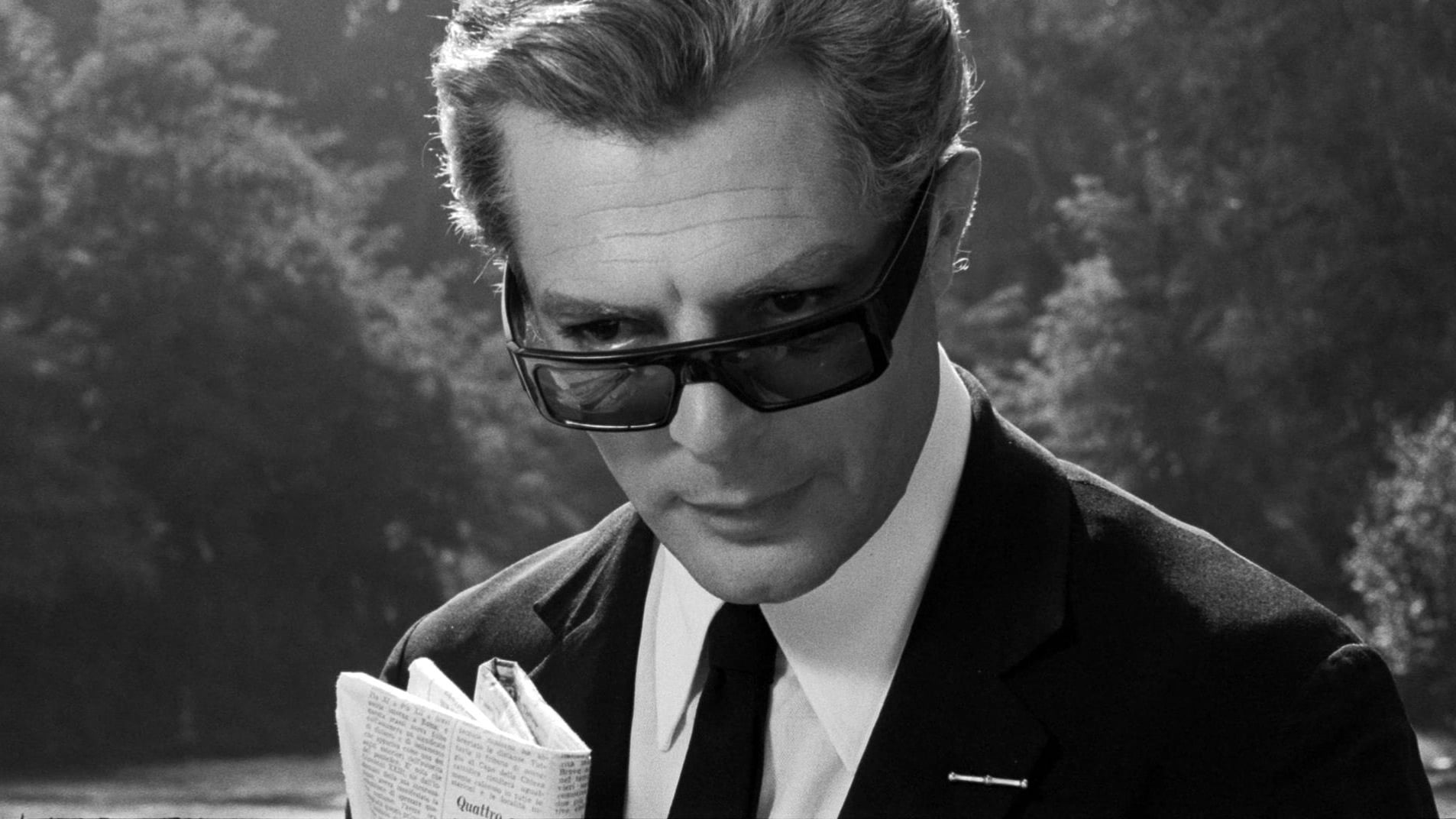
Rather than talking about what 81/2 is, the film which divides italian auteur Federico Fellini’s oeuvre into 2 halves, first 8 of which represent a more neorealist approach to filmmaking and the latter, which embrace the supposed randomness of the conscience through seamless transitions between dreams and reality, I would like to talk about how it actually spoke to me.
This film is probably my gateway into off-beat, experimental cinema and the first of the so called classics that managed to calm my perennially distracted mind into sitting still for the span of 138 minute runtime, simply because of the fact that one wouldn’t be able to guess where the camera is going to transport us next. Sometimes it travels from what might be reality into something fantastical, like the protagonist Guido’s father talking to him about the void that comes after one passes, while being helped into his grave.
Guido, who perhaps is Fellini self-inserting himself into this highly tasteful meta narrative ( Rick and Morty am I right?) satirising as well as celebrating highly indulgent filmmaking, is a highly narcissistic, charming director in the process of making a film about his life or something, the details of which I’m not sure of. When he is not in the present moment talking to people or trying to drown any of their dissenting voices out by humming bits of Overture to The Barber of Seville by Rossini, he’s either spending time trying to woo beautiful women, or fantasizing about the ones from his past or which represent the ideal. How the movie makes this not feel appalling is beyond me, but perhaps it could be about the deep emptiness he feels that might make him seem more human.
Rather than trying to understand the why’s and what’s of the film, let’s try experiencing it in a shared environment and then try breaking it down, bit by bit.

